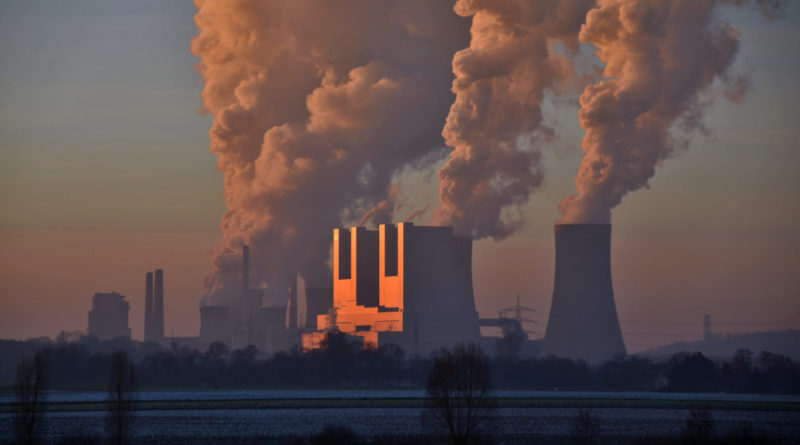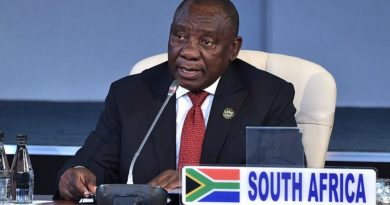South Africa hails deal at COP26 to end coal-based power generation
Agreed at the COP26 climate summit in Scotland, South Africa is set to receive $8.5bn (R125bn) to help end its reliance on coal in a deal announced. President Cyril Ramaphosa has called it a “watershed moment”.
The COP26 global climate summit in Glasgow is seen as crucial if climate change is to be brought under control. Almost 200 countries are being asked for their plans to cut emissions, and it could lead to major changes to our everyday lives.
South Africa is currently a major emitter of greenhouse gases as a result of its addiction to coal, which it uses to generate electricity. This deal, funded by wealthier nations, could have both global and local implications.
The enormous scale of the coal operation run by the country’s state power company Eskom makes South Africa the 12th biggest carbon dioxide emitter in the world, according to the Global Carbon Atlas.
South Africa’s environmentalists hope that the latest deal could ease the environmental and health impacts of the power sector. Witbank or Emalahleni in Mpumalanga province is where most of the country’s coal is mined. It supplies a vast network of 12 power stations that dot the countryside of this inland province.
While there is a need to end the reliance on coal, South Africa is desperate for the electricity it produces. Currently, 80% of its power comes from coal but what it generates is still not enough to satisfy demand. South Africa has experienced periods of planned blackouts, intended to ease the pressure on the electricity grid.
Nevertheless, even before the deal was announced at the summit in Glasgow, the government had planned to shrink coal’s contribution to the energy mix to less than 60% by 2030. Wind and solar power were expected to provide 25% by then.
With the money pledged by the US, UK, France, Germany and the EU, South Africa could now move much faster. “It is proof that we can take ambitious climate action while increasing our energy security, creating jobs and harnessing new opportunities for investment, with support from developed economies,” President Ramaphosa said.




